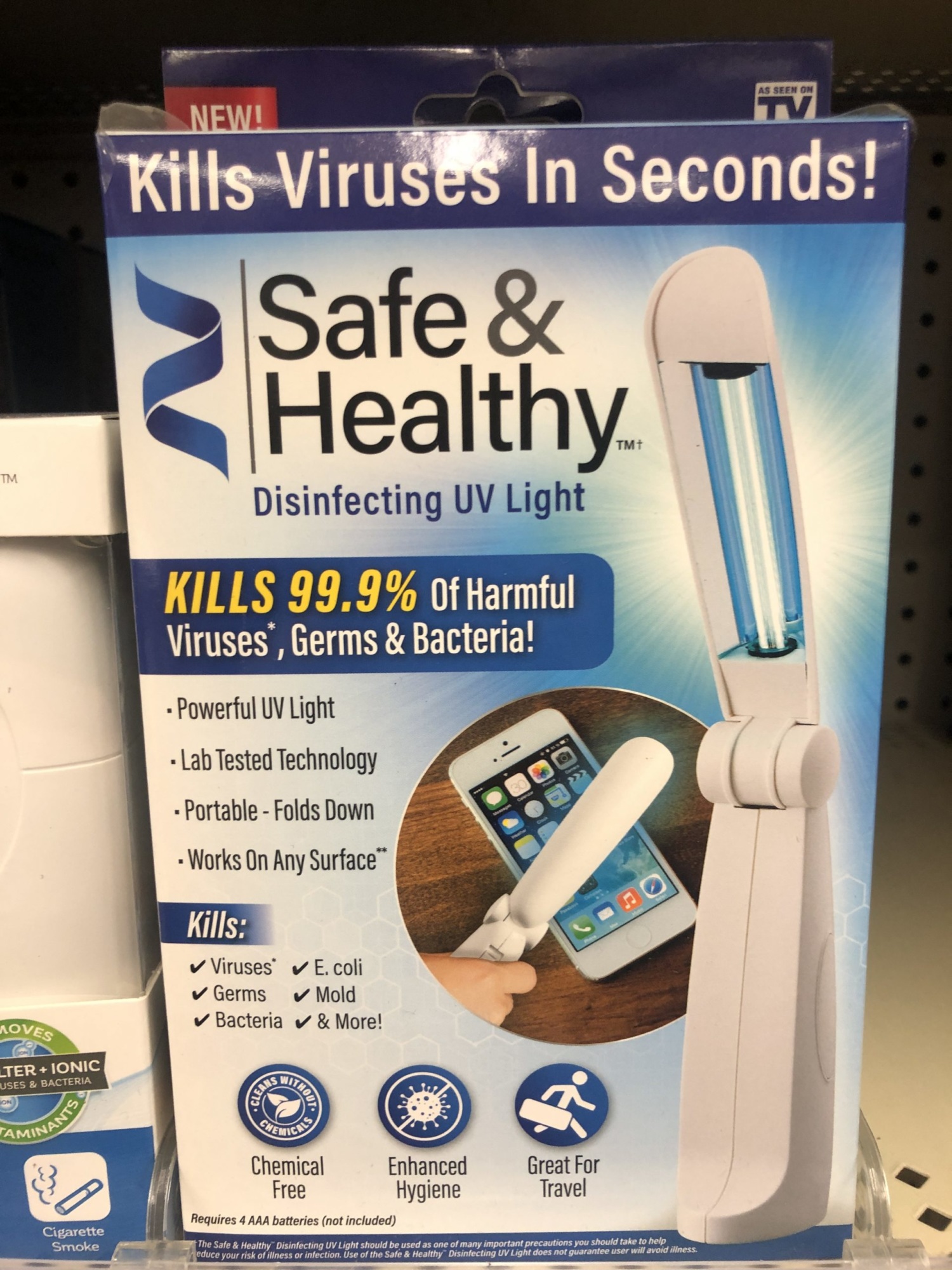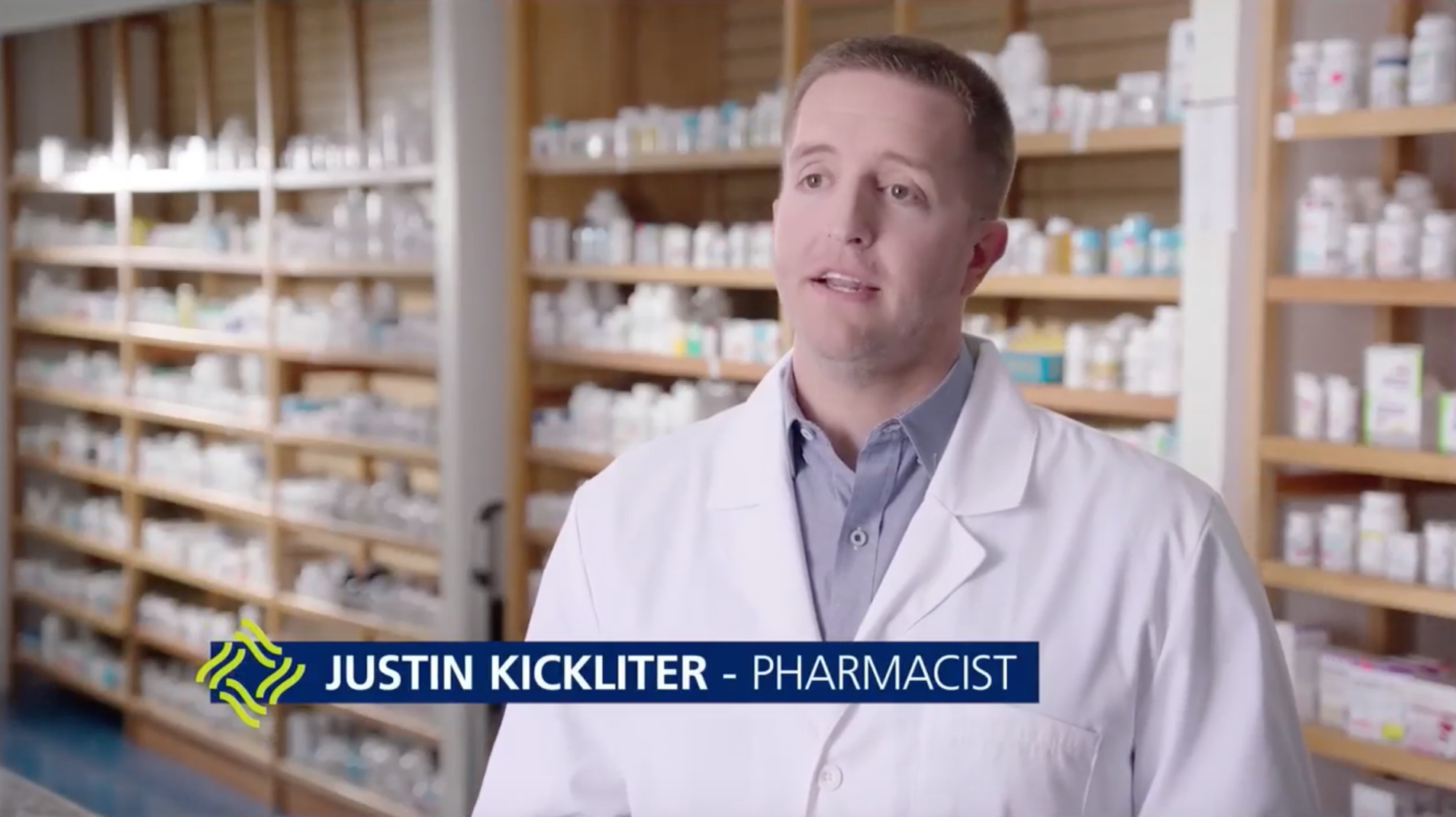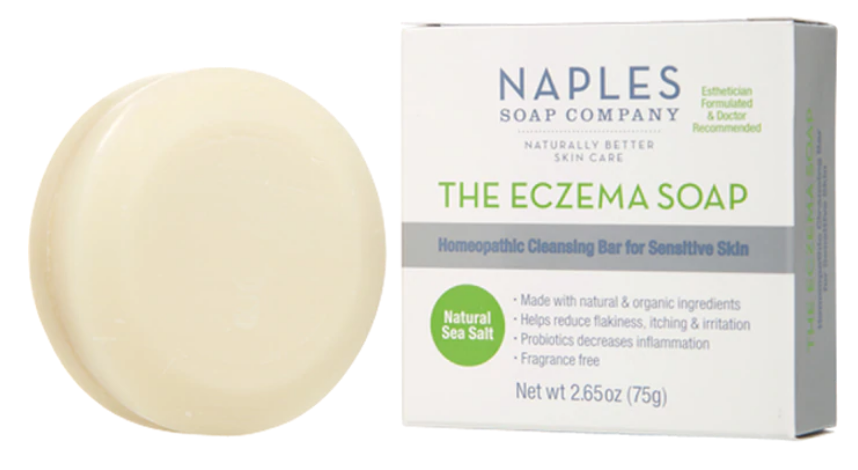
Safe & Healthy Disinfecting UV Light
When it comes to UV devices and COVID-19, there is no magic wand.
Be wary of claims to restore or rebuild tooth enamel as once it is lost, it is gone forever.
Not to be too crude but tooth enamel is a lot like one’s virginity — once you lose it, it is gone forever.
So when a mouthwash brand like Listerine tells you its product “restores tooth enamel” — as it has since at least 2013, most recently in the above TV ad — heed the advice of one Dr. Ronald Perry, a clinical professor at Tufts School of Dental Medicine:
The word “restoring” is more a marketing ploy than an accurate description of what these products actually do. … The more correct description of what happens, which is used by some manufacturers, is strengthening or rebuilding of weak spots.
In other words, while it is not possible to regrow lost enamel, it is possible to protect remaining enamel from further erosion by patching weak spots on the tooth’s surface. A good acid-resistant fluoride toothpaste or mouthwash can help in this regard.
Enamel erodes when the tooth’s surface comes into contact with sugary and acidic foods, which means that limiting consumption of these foods can help prevent enamel erosion from happening in the first place.
It’s not just Listerine saying its product restores or rebuilds tooth enamel. Several other mouthwashes make similar claims.
Our Ad Alerts are not just about false and deceptive marketing issues, but may also be about ads that, although not necessarily deceptive, should be viewed with caution. Ad Alerts can also be about single issues and may not include a comprehensive list of all marketing issues relating to the brand discussed.
When it comes to UV devices and COVID-19, there is no magic wand.
Pharmacist testimonials at the center of advertising inquiry head to the FTC for further review.
From “cruelty free” to “Made in the USA,” TINA.org finds personal care company’s marketing awash with questionable labels.

